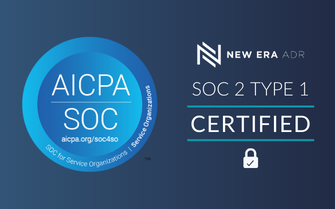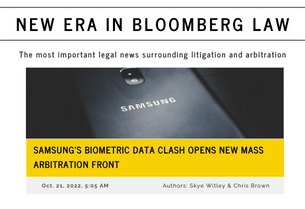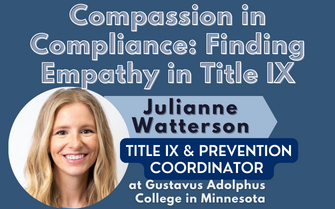
Remember back to March 2020? Bottled water, toilet paper and sanitizer was sold out as many retreated to their homes where they were glued to the news. It was becoming clear that the virus, that started overseas had spread, and was now filling US hospitals. Acting quickly, the University of Pennsylvania School of Law created a COVID-related insurance coverage litigation tracker, accurately predicting that this was the beginning of a material pandemic.
According to their records, nine months later, in November 2020, more than 1,280 insurance claims had been filed resulting from COVID-19 related issues. These included claims for loss of business income, extra expenses, and civil authority claims. Unsurprisingly, the industries predominantly impacted were Food Services and Ambulatory Healthcare Services.
Fast forward to 2022 and we are still battling the pandemic and some predict, we will soon see a metaphorical tidal wave of similarly situated lawsuits.
Businesses are understandably concerned that, while they hold insurance coverage for damages resulting from a previously unimaginable global event, their claims may be denied. Meanwhile, insurers are also concerned, but in a diametrically opposed way. Absent legitimate exclusions in their policies, insurers may be responsible for untold millions, perhaps billions, of dollars in insurance payouts. If both parties take entrenched positions, businesses will likely go bankrupt before any coverage amounts can sufficiently mitigate their losses. In contrast, insurers will pay untold amounts to panel counsel and outside counsel in litigating these matters to avoid setting a precedent of payment. Neither side wins in this likely scenario.
Fortunately, it doesn’t have to be this way. At their core, insurance coverage issues are matters of pure contract interpretation, making them particularly well-suited to alternative dispute resolution (ADR). Of course, these agreements also have venue provisions that may have to be waived in order to participate in ADR, but that seems to benefit both parties in a number of ways.
First, ADR is private and usually confidential, which limits the likelihood that a payment will set a precedent that adversely impacts the insurer. Second, experience reigns supreme in issues of contract interpretation. In other words, a neutral party (perhaps a former judge) that has adjudicated thousands of insurance contracts can rely on their experience in determining what should be covered and what shouldn’t be. Third, in contrast to US courts, ADR organizations do not tend to have overloaded dockets, which means they can move quickly and efficiently through cases, even when there is volume. Finally, for ADR organizations that have more efficient procedures and more fulsome adoption of technology, these ADR proceedings can happen remotely and allow for expedient resolutions that don’t require the parties to bear ancillary expenses related to travel and longer, more drawn-out proceeding.
As mentioned earlier, we’re likely only seeing the beginning of a tidal wave of this type of litigation. Lawsuits will increase as additional businesses succumb to pandemic pressures, and insurance defense-related spending will increase exponentially. Neither party wins in this scenario but it is also not inevitable. The truth is, insurers and businesses are actually partners, not natural adversaries. Instead of separating into warring factions, they need only to be willing to allow a neutral third party to opine on the plain language of their contract. It’s a simple solution to a potentially enormous problem that threatens to heavily impact already overburdened court dockets in the coming post-pandemic years. Hopefully, parties will choose to minimize the impact and risks of litigation, and choose to utilize ADR as a mutually beneficial solution.




